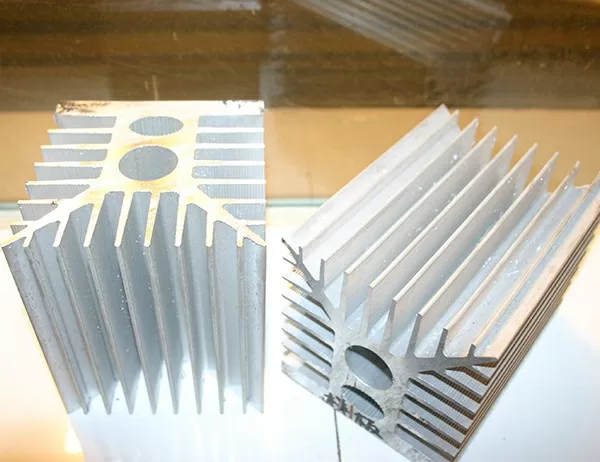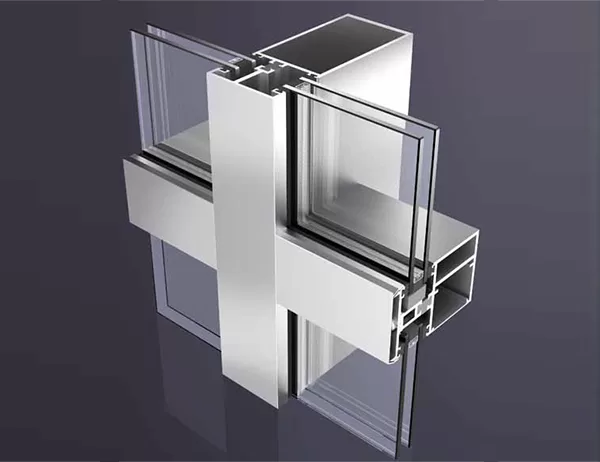Introduction
Industrial aluminum profiles are an essential component of various industries, from construction to engineering. With their exceptional strength, durability, and versatility, they offer a wide range of applications. However, selecting the right aluminum profile for your specific requirements can be a daunting task given the plethora of options available. This article provides comprehensive guidance to help you make an informed decision, ensuring you choose the best industrial aluminum profiles that meet your needs.
Considerations for Choosing Industrial Aluminum Profiles
1. Alloy and Temper
The alloy composition and temper of the aluminum profile determine its mechanical properties. Common alloys include 6061, 6063, and 6082, each with varying strength, corrosion resistance, and weldability. Temper refers to the heat treatment process, which further affects the profile’s hardness, flexibility, and durability. Choose an alloy and temper combination that aligns with the intended application.
2. Size and Shape
Industrial aluminum profiles come in a vast array of sizes and shapes. The dimensions, such as width, height, and thickness, should match the structural requirements of your project. The shape, whether rectangular, square, round, or custom-designed, influences the profile’s load-bearing capacity, space utilization, and aesthetics.
3. Surface Treatment
The surface treatment of the aluminum profile provides protection against corrosion, wear, and oxidation. Options include anodizing, powder coating, and painting. Anodizing creates a protective oxide layer, enhancing durability and aesthetics. Powder coating offers a wide range of colors and textures, while painting provides a more economical surface finish.
4. Mechanical Properties
The mechanical properties of the aluminum profile, such as tensile strength, yield strength, and elongation, determine its structural integrity. Tensile strength indicates the force per unit area required to break the profile, while yield strength represents the point at which it begins to deform permanently. Elongation measures the material’s ductility, indicating its ability to stretch before breaking.
5. Quality and Certification
The quality and certification of the industrial aluminum profile are crucial for ensuring reliability and safety. Look for profiles that meet industry standards and have undergone rigorous testing. Certifications such as ISO 9001 or AS 1665 indicate that the manufacturer follows best practices and adheres to quality control measures.
6. Manufacturer Reputation and Experience
The reputation and experience of the aluminum profile manufacturer are important considerations. Research the manufacturer’s track record, customer reviews, and industry expertise. Choose a manufacturer with a strong reputation for producing high-quality profiles that meet stringent requirements.
7. Cost and Availability
Cost and availability are essential factors when selecting industrial aluminum profiles. Consider the total cost, including the profile price, fabrication costs, and shipping expenses. Ensure that the profiles are readily available in the quantities and lead times you need to meet your project schedule.
Conclusion
Selecting the best industrial aluminum profiles requires careful consideration of the alloy, temper, size, shape, surface treatment, mechanical properties, quality, and cost. By following the guidelines outlined in this article, you can make an informed decision that meets the specific requirements of your project. Remember, the right aluminum profile will provide durability, functionality, and aesthetic appeal, contributing to the success of your application.




